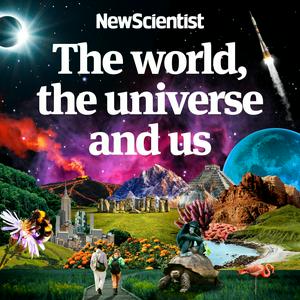No advertising. More Prime.
No advertising. More Prime.
No advertising. More Prime.
No advertising. More Prime.
The podcast starts in
- 0 sec.
The world is running out of water - can cloud-seeding save us?; Why some people get stuck in grief; Is our black hole actually a clump of dark matter?
How ancient humans crossed the vast ocean; Brain training for dementia; Life of science legend Maggie Aderin
Why Elon Musk plans to put 1 million satellites in orbit; Should we be giving sleep drugs to kids?; Why global pesticide risk is not improving
Mini human brain grows blood vessels; The geoengineering risk of termination shock; Trove of ancient fossils discovered



The world, the universe and us